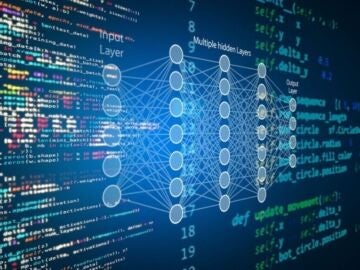
The G7 countries have today agreed on a code of Conduct for companies and institutions that develop artificial intelligence (AI) systems, aimed at mitigating risks derived from this technology as the misinformation and violation of privacy or intellectual property.
The leaders of the Group of Seven (Canada, France, Germany, Italy, Japan, the United Kingdom and the United States) have endorsed this Monday the set of guidelines for the artificial intelligence sector baptized as the “Hiroshima AI Process”, as reported by the Japanese presidency in office.
This roadmap aims to promote the development of “safe and reliable” AI systems internationally and “manage their risks”, according to the joint statement, which also calls on all actors in the AI sector to commit to its compliance. .
Regulate AI, international concern
With this agreement, which is nothing more than a set of recommendations, it shows how the debate and concern about the regulation of Artificial Intelligence has spread to all spheres on an international scale. The European Union has also undertaken its particular legislative development at community levelscheduled to come into force in 2026 and which will prohibit practices such as facial or emotion recognition.
Experts in the field have already warned of the importance of establishing a regulatory framework given the potential that this technology has. The head of ChatGPT himself, Sam Altman, asked the United States Congress to regulate the development of artificial intelligence. Other experts on the subject, as well as political leaders, expressed along the same lines at the Metafuturo conferences organized by Atresmedia, in which the speed at which AI evolvesits risks and opportunities.
Source: Lasexta
Ricardo is a renowned author and journalist, known for his exceptional writing on top-news stories. He currently works as a writer at the 247 News Agency, where he is known for his ability to deliver breaking news and insightful analysis on the most pressing issues of the day.











